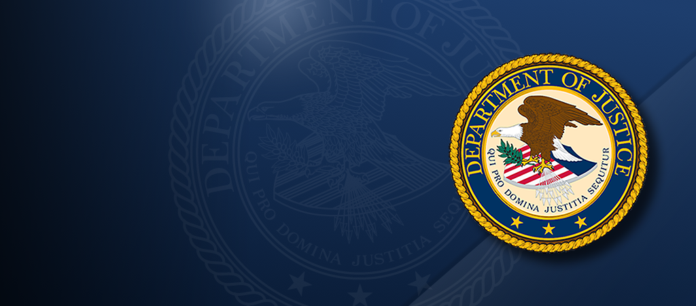The U.S. Securities and Exchange Commission (SEC) recently hosted a roundtable focused on the challenges and opportunities of regulating the rapidly evolving world of crypto trading. The event, which brought together experts from the crypto industry and securities law, centered around the SEC policing crypto trading and exploring potential regulatory frameworks for digital asset markets.
Acting SEC Chairman Mark Uyeda opened the discussion by emphasizing the need for a temporary regulatory relief framework for crypto firms while the agency works on long-term solutions. This proposal aims to foster greater innovation in blockchain technology within the U.S. in the short term. “While the commission works to develop a long-term solution to address these issues, a time-limited, conditional exemptive relief framework for registrants and non-registrants could allow for greater innovation with blockchain technology within the United States in the near-term,” said Chairman Uyeda.
The SEC policing crypto trading roundtable examined the difficulties that existing federal securities laws and regulations present to the crypto industry. Panelists discussed how these laws do not adequately cover the range of services, products, and business models unique to the digital asset space. Additionally, SEC commissioners recognized that the current regulatory framework for national securities exchanges and alternative trading systems presents significant challenges for intermediaries offering tokenized securities.
The roundtable is part of a series of discussions designed to inform the SEC’s newly established Crypto Task Force, which is working to develop a regulatory framework for the digital asset space. Previous meetings have focused on the security status of crypto assets and transactions, while this roundtable delved into collaboration between the SEC and other regulators, and the challenges posed by the global nature of crypto trading, which operates 24/7.
Dave Lauer, from Urvin Finance and advocacy group We the Investor, highlighted the need for collaboration between the SEC and the U.S. Commodity Futures Trading Commission (CFTC), pointing out the significant overlap in their jurisdictions. “There’s so many interlinkages and so much potential crossover that it’s incumbent for these two agencies to work very closely together,” Lauer stated.
Others, like Richard Johnson, founder of Texture Capital, suggested that the SEC and CFTC should merge their efforts to avoid unnecessary regulatory fragmentation. “I think we need to stop pretending that it makes sense that it be two separate regulatory agencies that should really be merged,” Johnson argued.
The panel also discussed the unique surveillance challenges posed by the round-the-clock, global nature of crypto trading. Regulators face the difficult task of managing vast amounts of market data coming from across the world while keeping up with the complexities of digital asset markets.
Acting Chairman Uyeda also noted that many crypto asset firms integrate functions like custody, execution, and clearing, which poses potential conflicts under the current securities regime. Despite these challenges, he emphasized the potential of blockchain technology to create efficiencies and improve the reliability of securities transactions. However, he also pointed out that the current federal securities laws were not designed to accommodate the use of blockchains or smart contracts in securities functions, such as facilitating exchanges or clearing transactions.
SEC Commissioner Caroline Crenshaw highlighted the risks of vertical integration in the crypto industry, citing recent collapses in the sector as evidence of mismatches between investor expectations and reality. She stressed the need for regulation to minimize these risks and address potential conflicts of interest in unregistered crypto entities.
The roundtable discussions concluded with suggestions to establish initial guardrails for broker-dealers and implement a robust disclosure regime to address concerns related to vertical integration and investor protection.
As the SEC continues to explore regulatory solutions for crypto trading, this roundtable marks a significant step toward creating a comprehensive framework for overseeing digital asset markets and ensuring investor protection in the evolving landscape of crypto.



